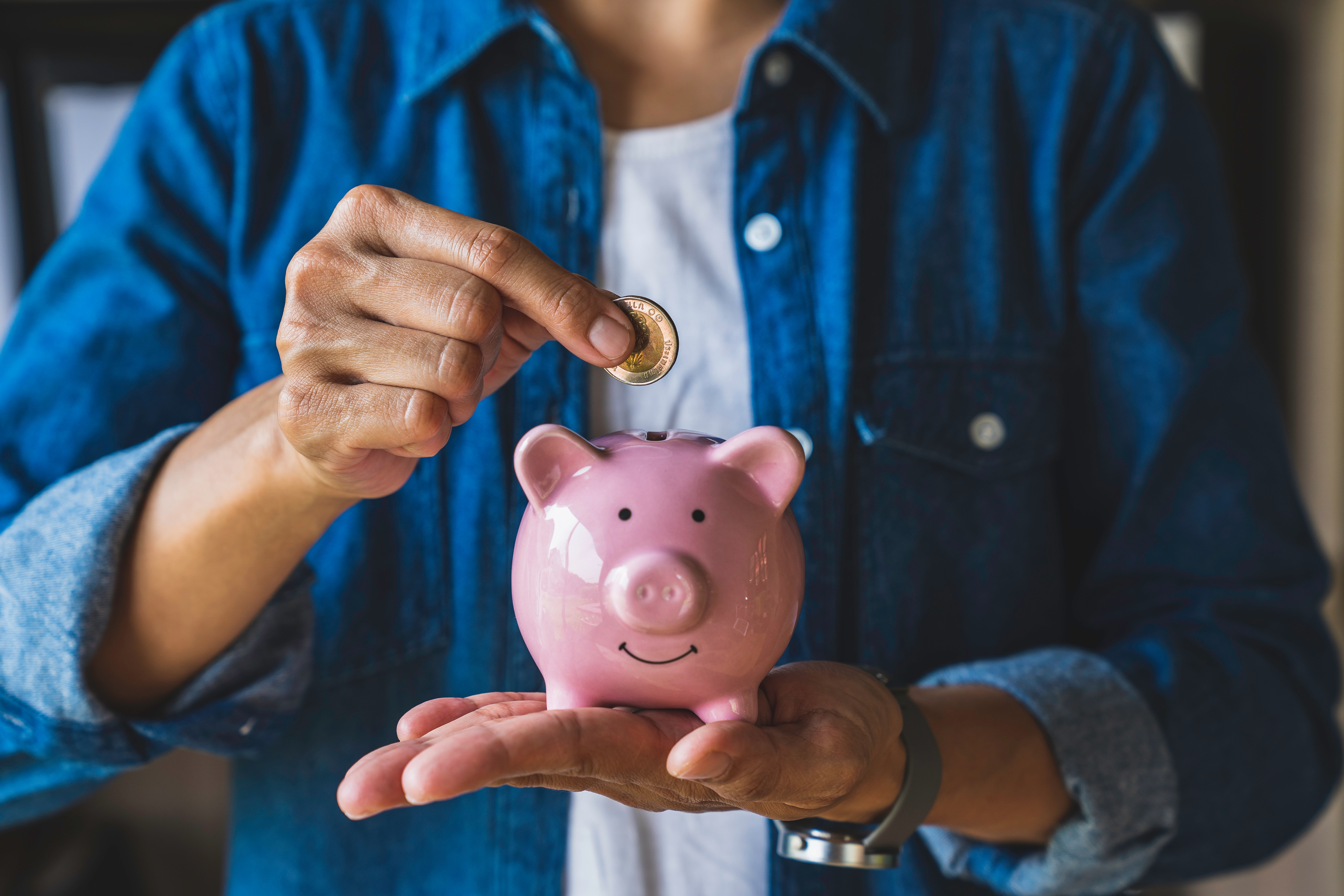How financially healthy are you? Financial wellness isn’t just about how much you make—it’s about how well you can handle expenses, bounce back from setbacks, and still enjoy life.
Taking a few minutes to check in with yourself can help you understand where you stand and where you might want to go next.
What Financial Wellness Looks Like
The Consumer Financial Protection Bureau (CFPB) defines financial well-being as a state where your financial situation and choices provide you with security and freedom of choice, both now and in the future.
According to the CFPB, you’re financially well if you:
- Can manage your money day to day. You know where your money goes and feel in control of your spending.
- Can handle unexpected expenses. You’ve set aside savings for emergencies and don’t need to borrow when surprise costs come up.
- Have the freedom to make choices. You can spend on things you enjoy, like hobbies or time with friends, without financial stress.
- Are working toward your goals. You have a plan for things like paying down debt or saving for the future—and you’re making progress.
These areas can look different for everyone. But knowing where you stand can help you decide what to work on first.
3 Questions to Help You Self-Check
These questions aren’t meant to score your finances—they’re here to help you take stock of where you stand and where you might want to go next.
1. Can you cover a surprise $500 expense without going into debt?
If you said yes, you’re in the minority. A Federal Reserve survey found that about one-third of adults would struggle to cover an unexpected $400 cost using cash or savings. If your answer is no, that doesn’t mean you’re failing—it may just mean it’s time to look at where your money is going and start setting aside a small emergency fund.
Even $20 to $50 a month can build a cushion over time. If you’re dealing with debt, getting help to lower or manage payments could free up more room to save.
2. Could you afford medical care if you got sick?
Healthcare costs can hit hard, especially if you don’t have insurance or face high out-of-pocket expenses. In the same survey, nearly one in five people said they skipped medical treatment in the past year because they couldn’t afford it.
If you’re worried about this, you’re not alone. It may help to look into options like flexible payment plans, community health programs, or setting aside a bit each month for medical needs.
3. Would your savings cover six months if you lost your income?
Losing a job can happen without warning. And with nearly two-thirds of Americans living paycheck to paycheck, many households wouldn’t be able to get by without income.
Experts often suggest having enough saved to cover three to six months of expenses—but that’s a long-term goal, not a starting point. If that feels out of reach, aim for one month first. The key is to start, even if it’s small.
What to Do If You’re Not There Yet
If some of your answers made you uneasy, you’re not alone. Many people are working to build more stability in their finances—but it doesn’t happen overnight. Small steps can make a big difference over time.
Here are a few ideas to get started:
- Review your spending habits. Look at where your money goes each month. Are there areas where you could cut back—even slightly—to free up funds for savings?
- Set one small savings goal. Whether it’s $100 for emergencies or $50 for medical costs, starting small can make saving feel doable.
- Ask for support if you need it. If debt is making it hard to get ahead, there are programs and services that may help lower your payments or consolidate what you owe.
Financial wellness is a journey, not a pass/fail test. What matters is that you’re checking in, learning what’s working for you, and adjusting when needed.
Closing
Everyone’s financial situation is different, and it’s normal to face challenges along the way. What matters most is staying aware of your habits, setting goals that work for your life, and making small changes that move you in the right direction.
Financial wellness isn’t about being perfect—it’s about making choices that help you feel more secure and in control over time.







